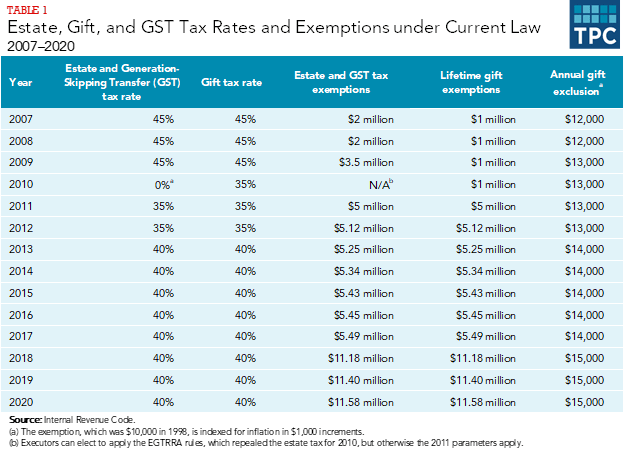
- CT ESTATE TAX TABLE FOR 2016 PORTABLE
- CT ESTATE TAX TABLE FOR 2016 PLUS
- CT ESTATE TAX TABLE FOR 2016 SERIES
Connecticut’s income tax rate ranges from 3.00% to 6.99%. However, seniors who have an adjusted gross income below $75,000 ($100,000 for joint filers) are exempt from Social Security taxes. The state fully taxes withdrawals from retirement accounts, like IRA or 401(k) plans, as well as payments from private or public pension plans. In fact, it ranks among the least tax-friendly states in the country for those in their golden years. Overall Connecticut Tax PictureĬonnecticut is not tax-friendly for retirees. **The rate threshold is the point at which the marginal estate tax rate kicks in. *The taxable estate is the total above the exemption of $12.06 million.

Using the same method described above, you can find your federal estate tax burden within the table below. The top tax rate for the federal estate tax is 40%. This means a couple can protect up to $24.12 million with proper legal steps.
CT ESTATE TAX TABLE FOR 2016 PORTABLE
This exemption is portable between spouses. There is a federal estate tax that may apply on top of the Connecticut estate tax, but it has a higher exemption level of $12.06 million in 2022. When the second spouse of a married couple dies, only one exemption applies. Connecticut Estate Tax for Married CouplesĬonnecticut does not have portability for spouses. The federal lifetime exemption is $12.06 million as of 2022. The federal gift tax has the same yearly exemption, which is $16,000 in 2022. There is also a yearly exemption of $15,000 per person per year. The lifetime exemption is equal to the estate tax exemption. If someone who lives out-of-state leaves you something, make sure to check the local laws in your grantor’s state to see if you owe inheritance tax.Ĭonnecticut is the only state in the union that levies its own gift tax. In Kentucky, for instance, the inheritance tax applies to all in-state property, even if the inheritor lives in another state. However, another state’s inheritance tax may apply to you if your grantor lived in a state that has an inheritance tax. There is no inheritance tax in Connecticut. While the estate tax is taken out of the estate, the beneficiaries are responsible for paying the inheritance tax.

The estate tax is not the same as the inheritance tax, which is levied after the estate is dispersed to a person’s beneficiaries. It is sometimes called the “death tax.” Only estates that reach a certain threshold are subject to the estate tax. The estate tax is a tax applied to an estate after a person dies but before the person’s money gets passed on to heirs. Starting in 2023, the exemption for the estate tax will increase to $11.4 million and there will be a flat rate of 12% for the total estate above that exemption. *The taxable estate is the total above the exemption of $9.1 million
CT ESTATE TAX TABLE FOR 2016 SERIES
Connecticut Estate Tax RateĬonnecticut’s estate tax is progressive, with a series of increasing rates applying as the value of the estate gets higher. You can find your taxable estate bracket in the chart below for 2022. In 2023, there will be a flat rate of 12%.

The estate tax rate is progressive and payable on the value of the entire taxable estate. The estate tax is due within six months of the estate owner’s death, though a six-month extension may be requested. That goes up to $9.1 million in 2022 and $11.4 million in 2023.
CT ESTATE TAX TABLE FOR 2016 PLUS
Connecticut is one of 12 states, plus the District of Columbia, that imposes an estate tax. While the vast majority of families aren’t affected by the federal estate tax (because of how high the exemption is), Connecticut’s estate tax affects a greater proportion of estates. For estates of people who died in 2021, the tax won’t apply if the estate is less than $7.1 million.


 0 kommentar(er)
0 kommentar(er)
